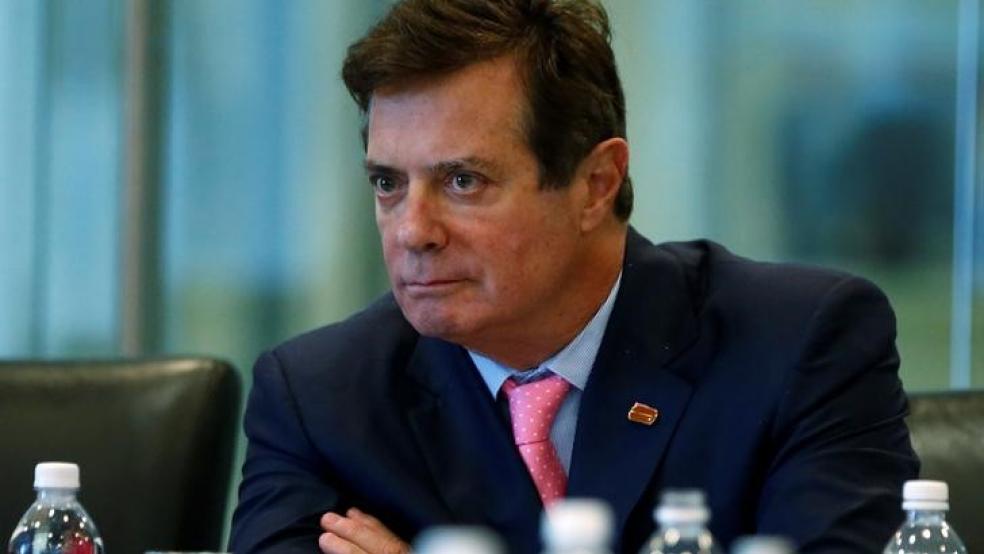Give Donald Trump this much: He knows how to negotiate from a position of strength. With an assist from second-place Ben Carson, the current frontrunner for the Republican presidential nomination faced down CNBC over changes to the rules for the next GOP presidential debate and walked away a big winner.
The business-focused news channel, which is hosting the October 28 debate in Boulder, Colo., informed candidates on a conference call earlier this week that the debate would run for three hours and that the traditional opening and closing statements allowed to each of the participants would be eliminated.
Related: Trump Out of Step with Americans on Immigration Policy
Not so fast, said Trump campaign manager Corey Lewandowski, who declared that under those rules, the real estate billionaire and former reality television star would probably decline to participate. Carson’s representatives also said that their candidate might bow out.
Trump had complained about the marathon three-hour CNN debate held last month, citing not just its extraordinary length but also the heat on the stage. He accused CNN and other debate hosts of wanting to lengthen the events in order to sell more commercials.
As of Friday morning, the threat appears to have done its work. CNBC will reportedly cap the length of the debate at two hours and will allow opening and closing statements. This is a big win for Donald Trump, and not just because he only has to spend 120 minutes under the spotlights instead of 180.
First of all, there is good reason to believe that Trump doesn’t particularly enjoy the debates. Moderators tend to focus disproportionate attention on him as the frontrunner, asking him to articulate policy positions that, in some cases, clearly haven’t been thought through – or thought about at all.
Related: Should Billionaires Get Social Security? Trump Wants the Rich to Opt Out
Forcing CNBC to cut an hour from the debate and allow each of the candidates on the stage to deliver opening and closing statements seriously cuts into the time that Trump can be grilled on points of public policy.
It is, at the moment, unclear how many candidates will be sharing the stage 12 days from now. As with previous debates on Fox and CNN, there will actually be two debates: the main event between the top-tier candidates and an earlier one with lower-polling candidates.
The placement of candidates will be based on polling. Specifically, according to CNBC, on “methodologically sound and recognized national polls conducted by: NBC, ABC, CBS, Fox, CNN and Bloomberg, released between September 17, 2015 and October 21, 2015.”
In order to qualify for any debate, a candidate must score at least one percent in any of the eligible polls. In order to qualify for the top-tier debate, a candidate must have an average of three percent across all the eligible polls. (In practice, the cutoff is actually 2.5 percent, because CNBC has said that it will round any score of at least 2.5 percent up to three.)
Related: Obama Is Certain Trump Won’t Be the Next President
Because the polling is not yet complete it is impossible to say who will qualify, but at least eight GOP candidates seem like safe bets for the top-tier. Besides Trump and Carson, they would include Florida Sen. Marco Rubio, former Hewlett-Packard CEO Carly Fiorina, Texas Sen. Ted Cruz, former Florida governor Jeb Bush, former Arkansas governor Mike Huckabee, and Kentucky Sen. Rand Paul.
Currently on the bubble is Ohio Gov. John Kasich.
That means that Trump will be sharing the stage with seven or eight competitors, all of whom will soak up some of the debate time, reducing the number of opportunities for the moderators to catch Trump flat-footed.
However, there is another big reason why forcing CNBC to capitulate is a victory for the author of “The Art of the Deal.”
Related: Cruz to Trump – You’ll Lose, and I’ll Take Your Voters
Trump’s standing in the polls is currently benefiting from the fact that the rest of the GOP field is so splintered. With the exception of Carson, none of the other candidates consistently poll in double digits. For months now this has created a sense of momentum for Trump, as the polls consistently show him leading name-brand politicians by huge margins.
When those margins eventually start to get trimmed back, the sense of inevitability Trump wants to create will probably start to fade.
By forcing CNBC to give every one of the candidates on the stage two opportunities to talk directly to voters, Trump is essentially giving their campaigns a boost. Given their druthers, CNBC producers would probably just as soon keep candidates like Paul or Kasich’s airtime limited – something that can help finish off already-struggling campaigns.
As it stands, though, the debate will open and close with borderline candidates treated as equals to candidates who have ten times as much support. If that translates into longer-lived campaigns, it means that more establishment candidates, like Rubio or Bush, will still be splitting supporters with lower-tier candidates like Kasich.
The longer it takes for a single establishment candidate to roll up the votes of lower-tier competitors, the better it is for Trump. So while some of them may feel like thanking him for standing up to CNBC, they should also recognize that by hanging around, they are doing him a favor as well.





